Document Management goes 2.0: Alfresco vs SharePoint
November 10, 2010 | Author: Michael Stromann
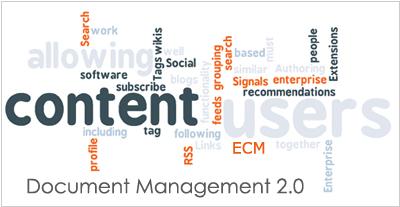
Document management systems (DMS) and related to them Enterprise Content Management systems (ECM) like all other IT solutions are gradually embracing Enterprise 2.0 technologies. This is a difficult move for them. Because DMS and ECM - are quite old and conservative technologies/systems and it's always difficult to change for old school. Besides the main DMS and ECM users are large companies and it's very difficult to upgrade them to the next level. Nevertheless, the progress goes on. Let's take a look on how the Enterprise 2.0 technologies are implemented in DMS and ECM nowadays:
Web
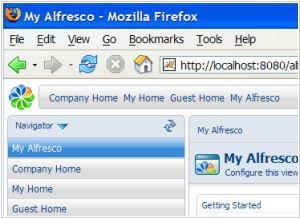
DMS/ECM appeared quite long ago, so they started to implement Web-technologies even earlier than other IT systems. After all Web-interface reduces system costs, makes it easier to administer, provides access via the Internet. World market leaders Documentum and Open Text have switched to Web-technologies already in 90's. At the moment, all the leading ECM systems provide web interface or integrated with portals as a web-based front-end.
SaaS / Cloud
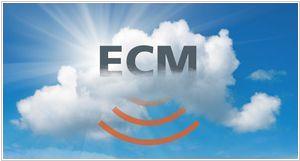
While the implementation of the web-technologies in DMS/ECM was quite smooth, the move to the Cloud had been blocked by the obvious problem - the content managed by these systems (files, documents, media ...) should also move to the cloud (and that may be gigabytes of data). And the problem is not only in one-time transfer. Using the cloud-based system users had to download document each time and then upload it back. However, recently the cloud storage became quite cheap. And most importantly, appeared online editors (like Google Docs) and online viewers (like Scribd). As a result, content can now be created in the cloud, edited and viewed in the cloud without the necessity to download/upload. Alfresco, Sharepoint, SpringCM and KnowledgeTree are most actively embracing the cloud.
Mobile
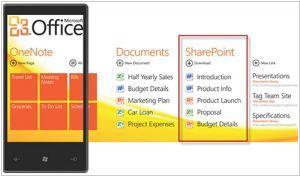
Mobile business applications have blossomed with the move to the Cloud (because they are typically getting data from the cloud). And because the transition of DMS/ECM to the cloud was quite slow, the mobile access is also at the starting point in this sphere. The wide variety of mobile platforms also blocks the move to the mobile world. Therefore, even Sharepoint boasts a full mobile access only on Windows Phone. Perhaps the most advanced mobile access in ECM sphere is provided by Adobe LiveCycle, that is available on all major mobile platforms.
Social
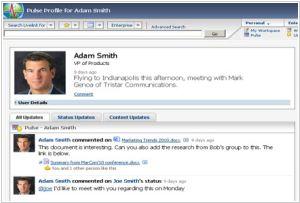
It is true that the "document" - the object around which DMS/ECM are built - is an outdated technology that was invented not for computers but for paper. So, now when refreshed staff better understands not the language of "documents" but the language of "social networking" - the documents are giving way to social collaboration tools. "Static" documents are replaced by "dynamic" wikis, discussions, ratings. Document management systems get profiles, blogs, microblogs, forums. Alfresco, Sharepoint, Open Text are becoming more like Facebook.
Mashups
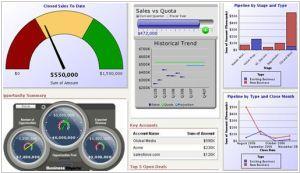
Mashups - applications that combine data from many sources via web API-interfaces. And ECM vendors - are the main driving force behind the implementation of these web APIs. A couple of years ago the leading ECM vendors (Microsoft, IBM, EMC, Open Text, Alfresco, Oracle, SAP) joined their forces to create an open web-standard CMIS, which enables business applications easily "communicate" with any data sources and create mashups.
See also: Top 10 ECM software


